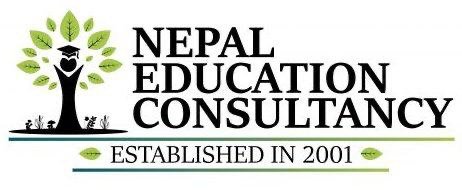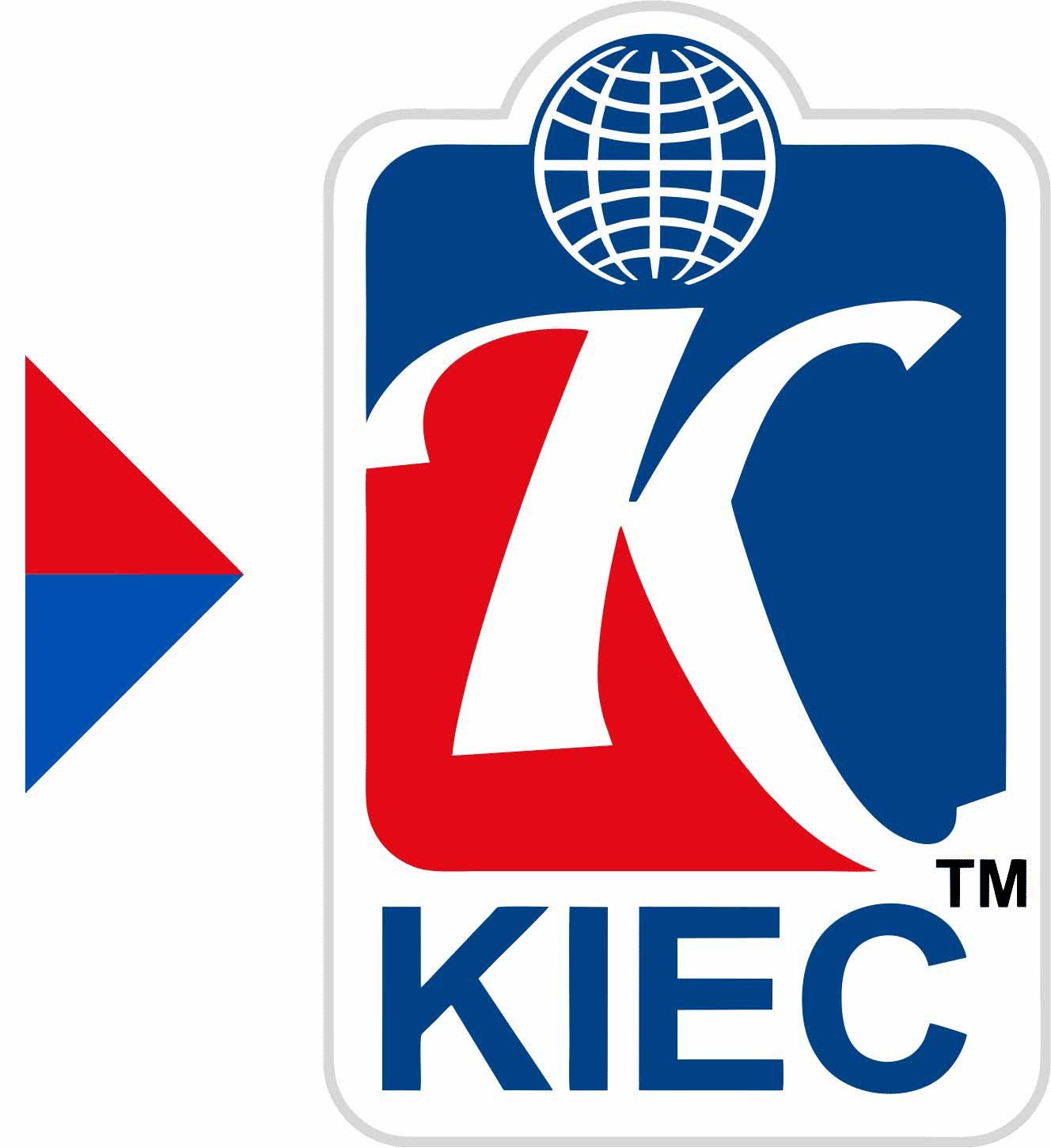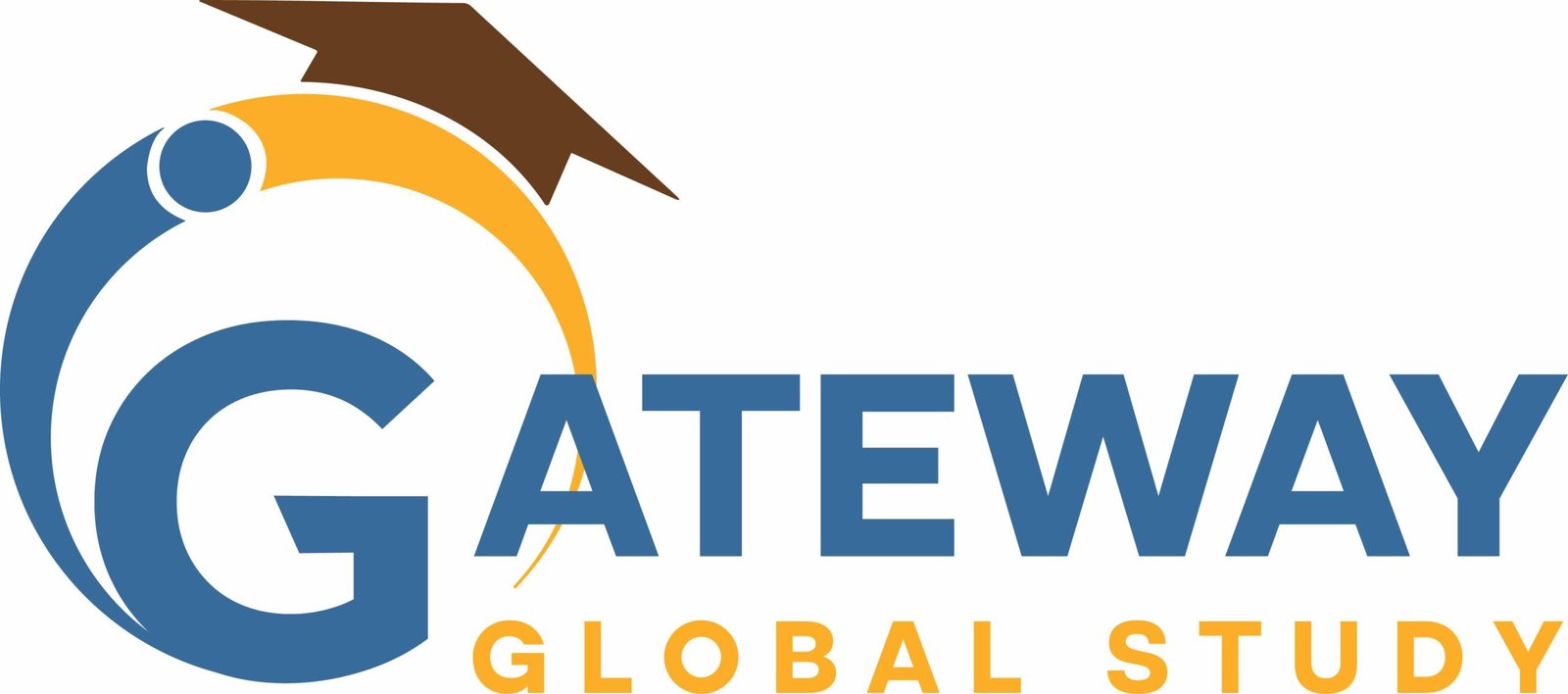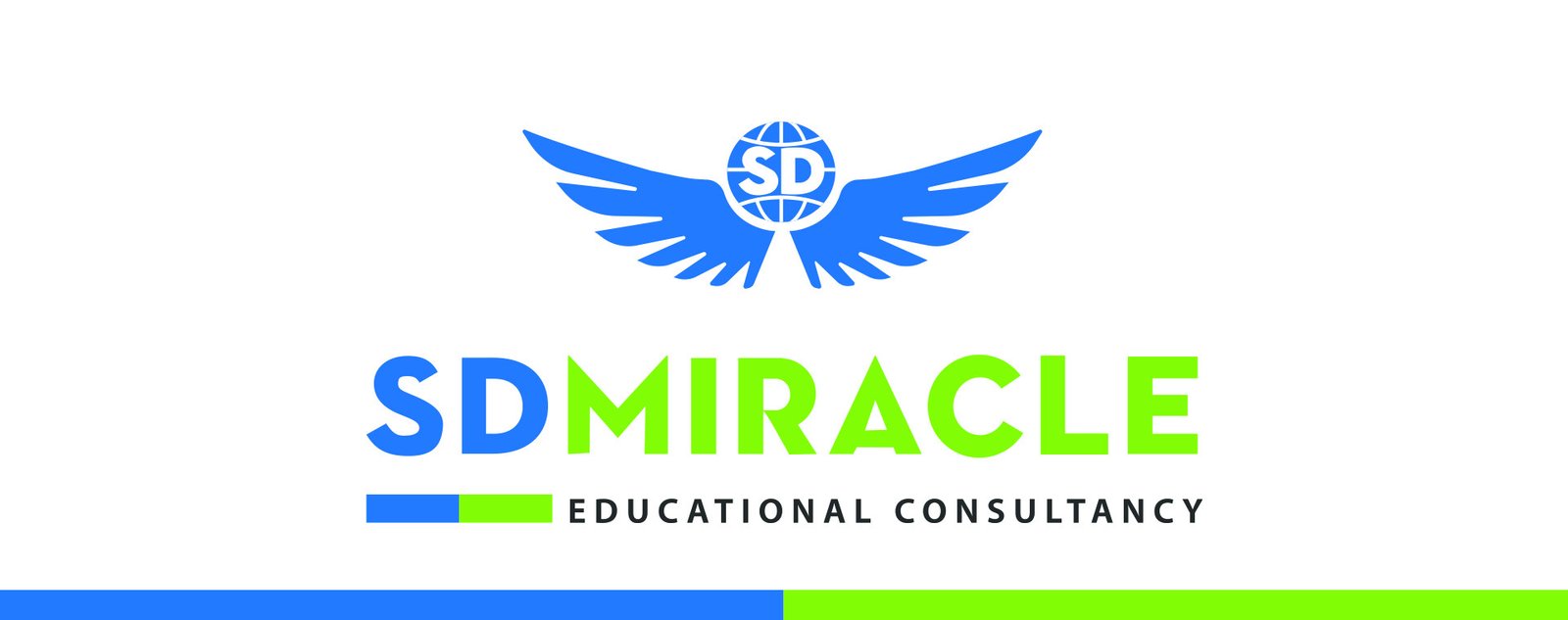Get Advice on Abroad Studies
Comprehensive Guidance and Resources for Your Study Abroad Journey
6+
Countries
information
International Degree Now in Your Budget
Study Abroad Destinations
Guides
Why Study in Australia?
Australian Student VISA
Visa success rate in Australia?
SOP for Australia
Top Universities in Australia
Guides
Why Study in USA?
American Student VISA
Visa success rate in America
SOP for America
Top Universities in America
Guides
Why Study in UK?
UK Student VISA
Visa success rate in UK
SOP for UK
Top Universities in UK
Get Free 101 counselling for any country
Top University For Abroad Study
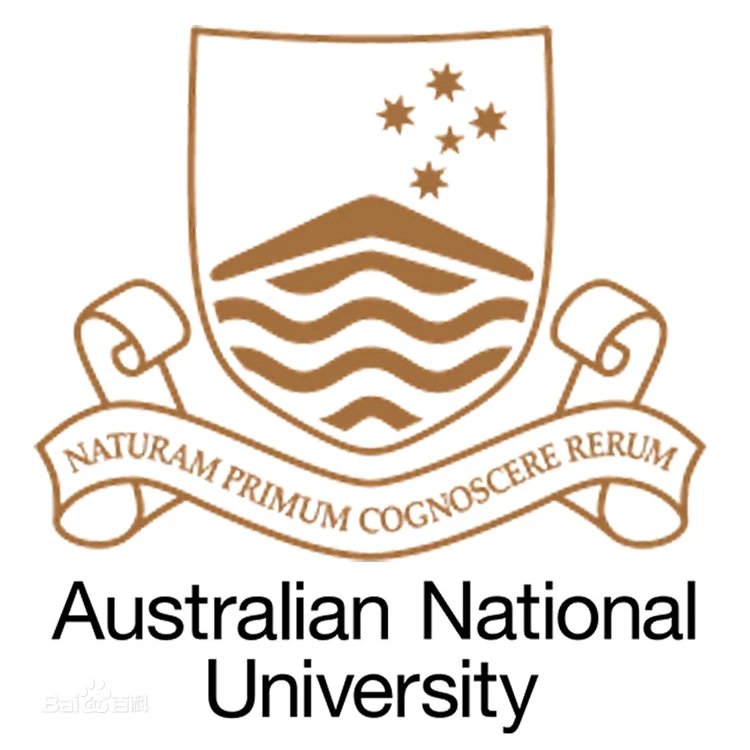
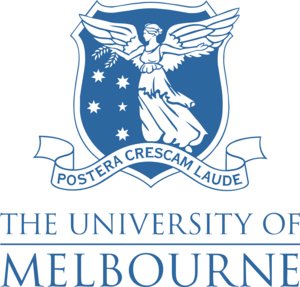
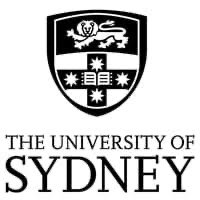
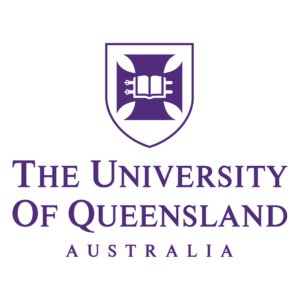


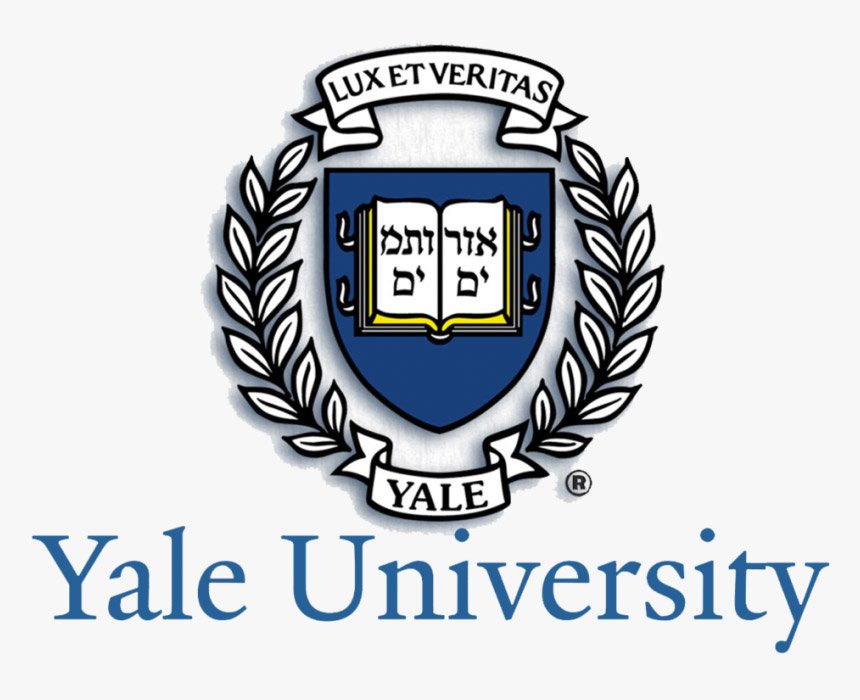
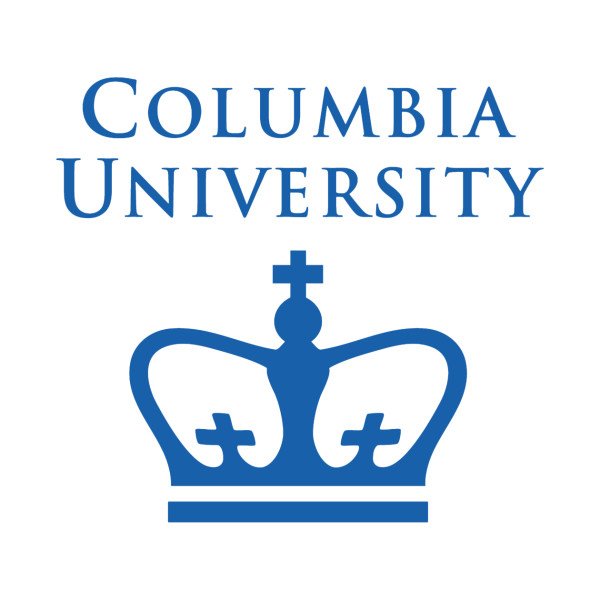
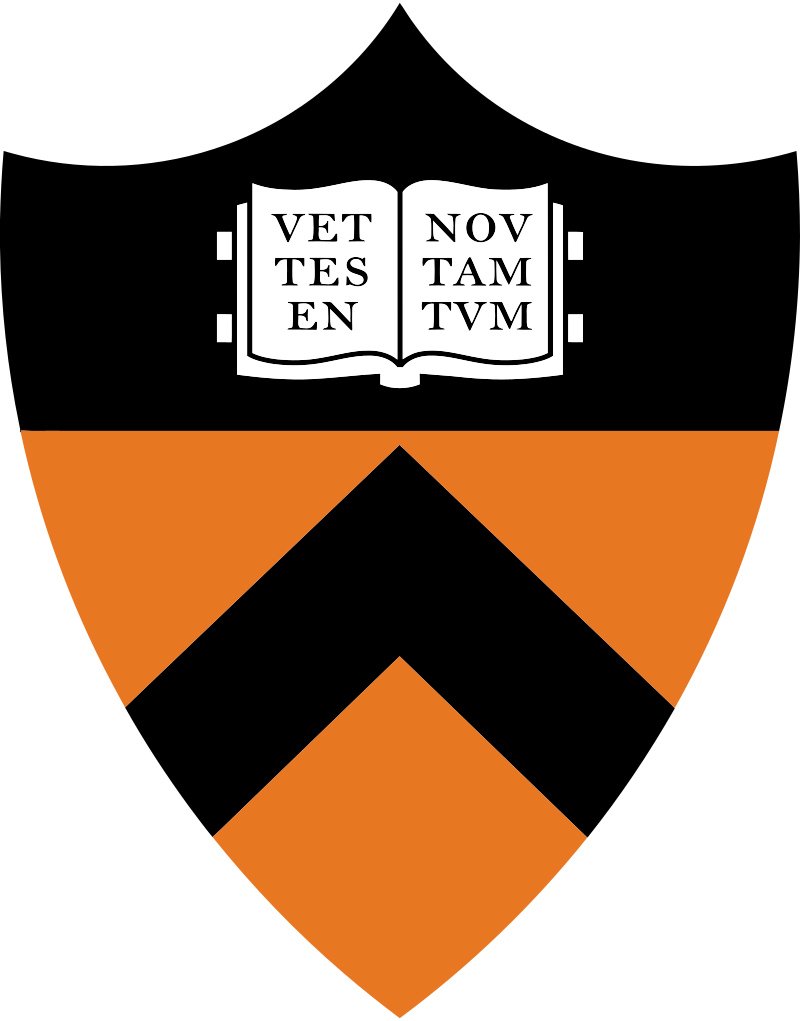

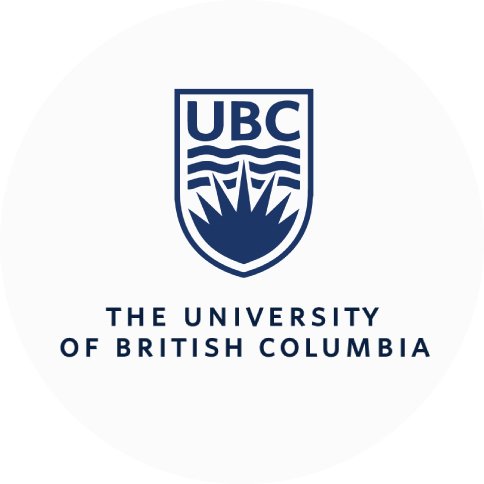


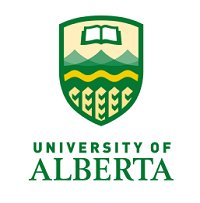
Top Search for Study Abroad
study abroad destination
study abroad scholarships
best study Abroad consultancy
abroad study in australia from nepal
study in USA
study in UK
study in Canada
Visa Application for Students
IELTS/PTE/TOEFL preparation
cost of studying abroad
documents needed to study abroad
abroad study stories
Frequently Asked Questions
What documents are required to apply for studying abroad?
To prepare for university applications, you’ll generally need a few essential documents. These include academic transcripts, a Statement of Purpose (SOP), letters of recommendation, proof of English language proficiency (such as IELTS or TOEFL scores), and a valid passport. Some universities may request additional documents like a resume, financial documents, or health certificates, so it’s best to verify with each institution to ensure compliance with specific requirements. For tips on crafting a strong SOP, check out our guide to writing a strong SOP for university applications.
How do I choose the right study program for my career goals?
Choosing the right program is key to reaching your career goals. Evaluate your interests, strengths, and future aspirations. Advisors with insights on global education trends can help match programs to your academic background. Focus on factors like course content, faculty, and internship options. For guidance, visit Edu Advices.
What are the steps involved in the student visa application process?
The visa process generally includes obtaining an admission letter, gathering financial documents, submitting the visa application, and attending an interview. Requirements vary by country, so it’s wise to consult with an expert who can guide you through specific documents and deadlines to ensure a smooth application. For more information, visit Edu Advices.
Can consultancies help with financial aid or scholarships?
Consultancies help students find scholarships and funding opportunities based on academic performance and financial needs. They identify suitable options and improve your chances of securing financial support. Learn more about scholarship assistance at Edu Advices Scholarship Guidance
Is work allowed while studying abroad, and what are the restrictions?
In most countries, international students are allowed to work part-time during the academic year and full-time during vacations. The number of hours permitted and the type of work allowed vary by country, so check the local regulations and consult with your university’s international office or a trusted advisor to understand the rules.
Discover Scholarships
Take the first step towards realising your academic
Aspirations with our scholarship discover hub








